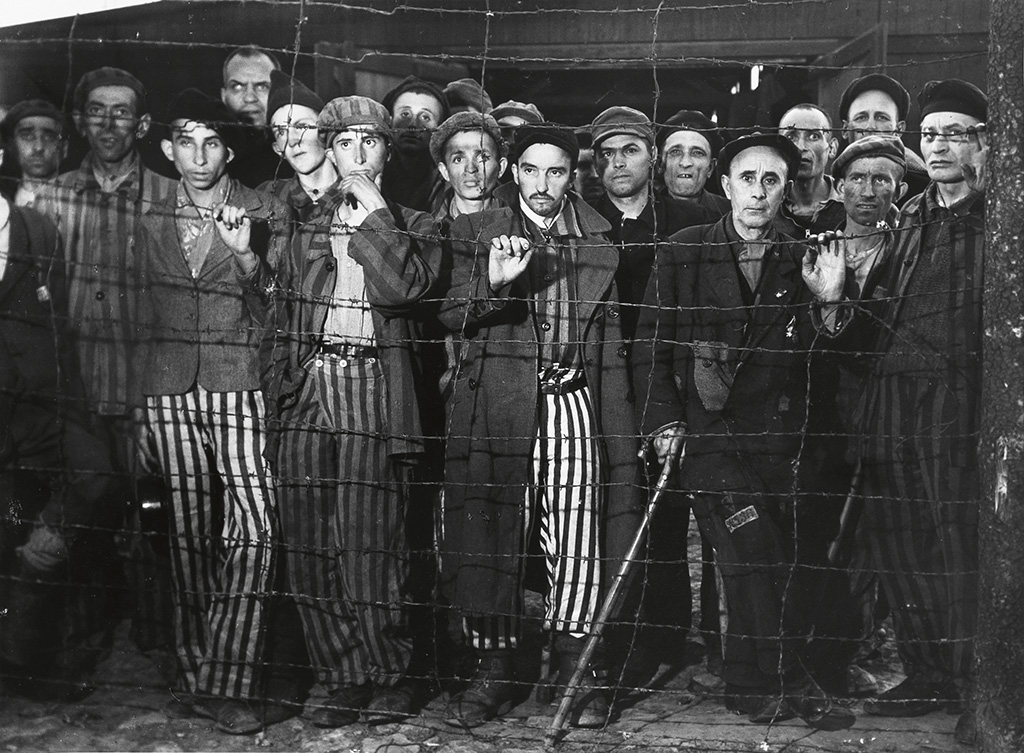Sale 2361 - Lot 160
Unsold
Estimate: $ 20,000 - $ 30,000


Aliquam vulputate ornare congue. Vestibulum maximus, libero in placerat faucibus, risus nisl molestie massa, ut maximus metus lectus vel lorem.